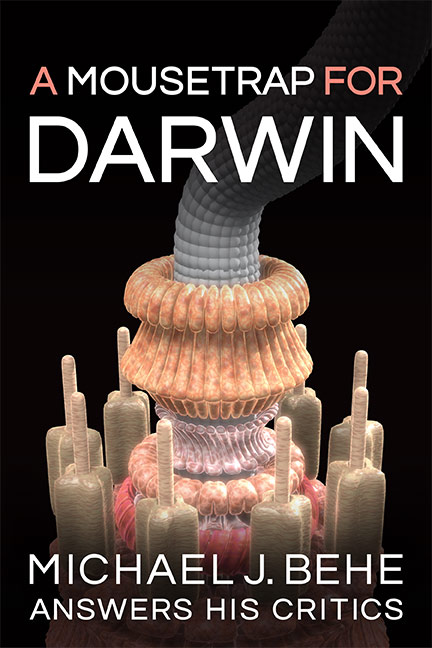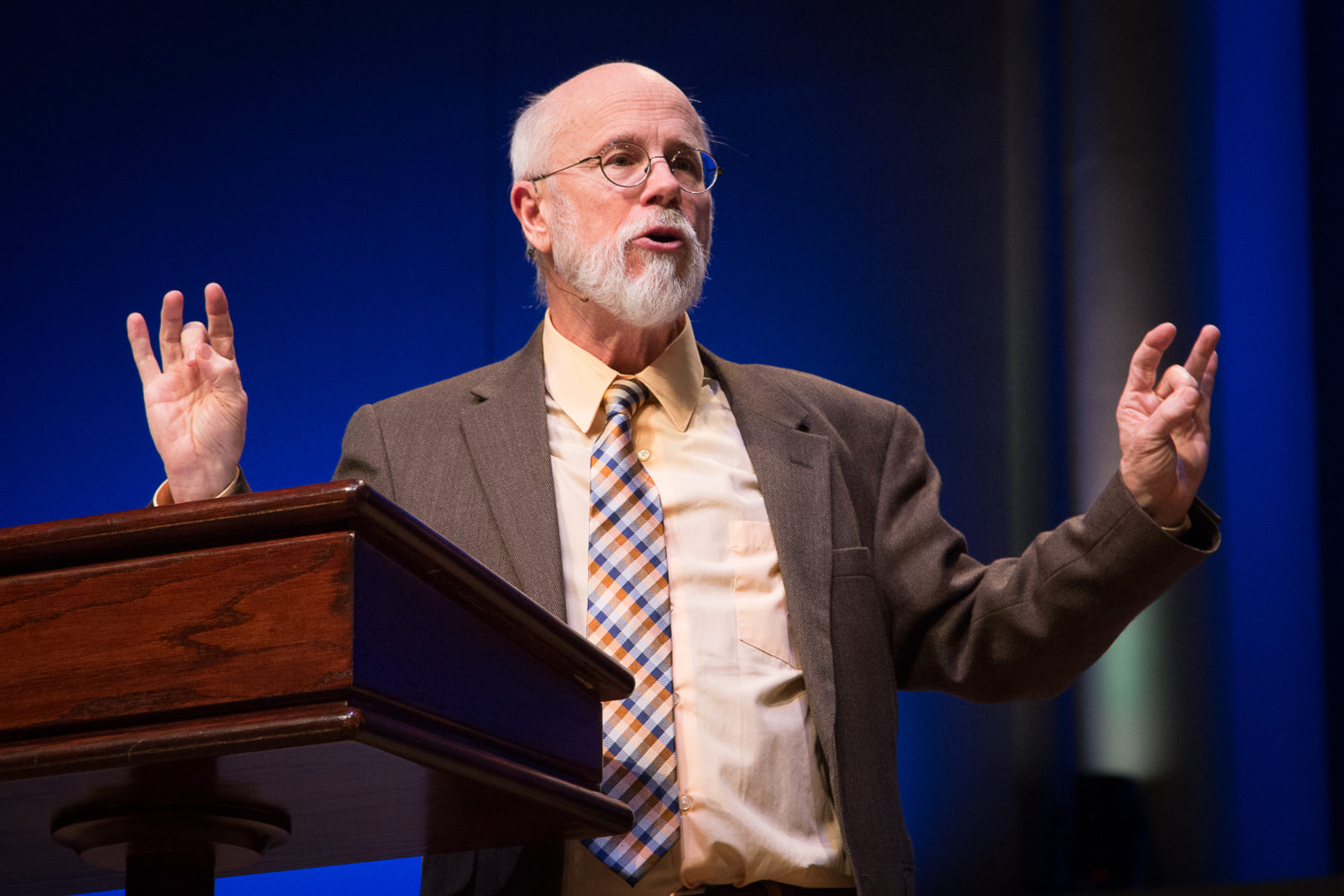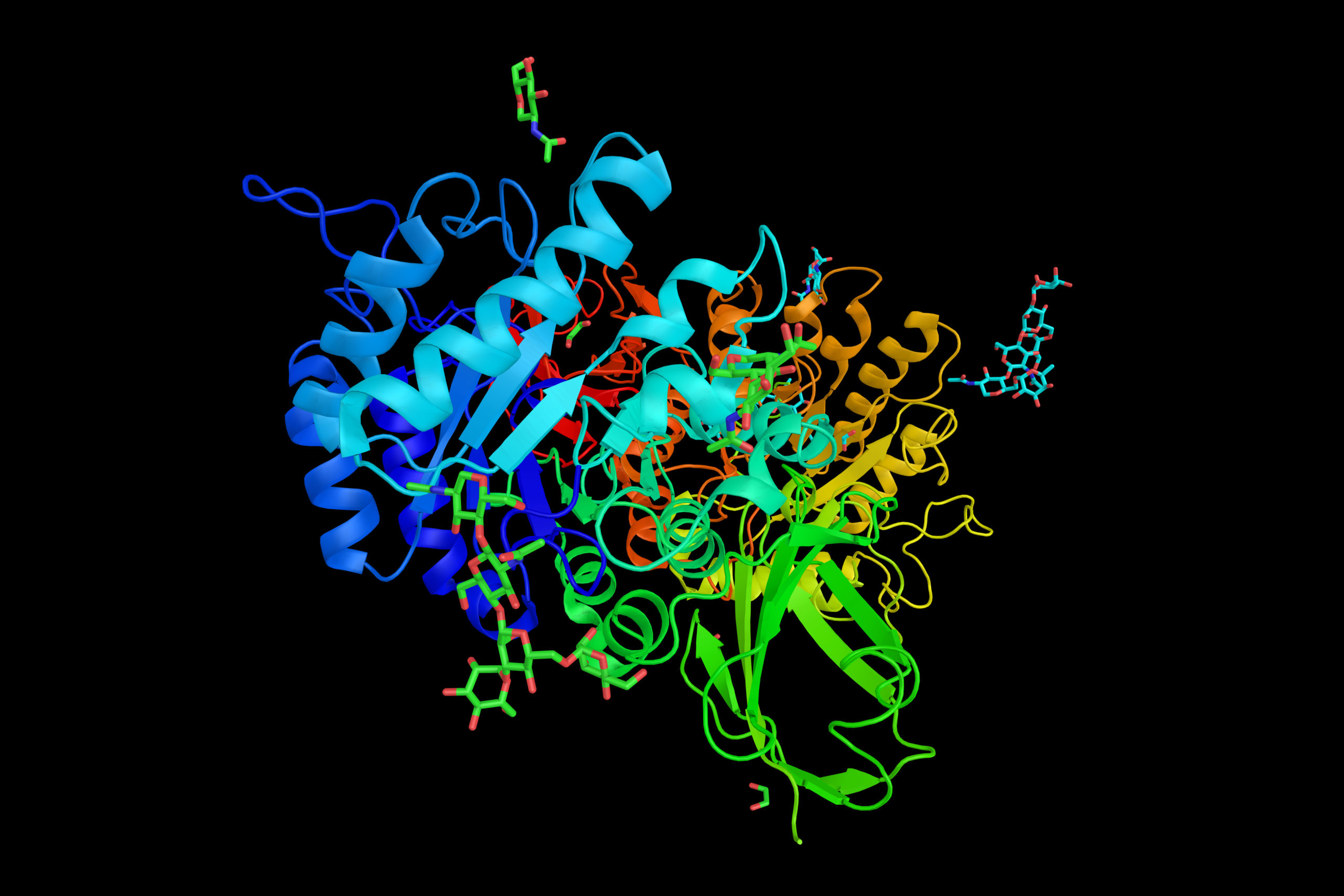
A Mousetrap for Darwin
Darwin’s Black Box thrust Michael Behe to the forefront of the intelligent design movement. The Lehigh University biochemist has haunted the dreams of Darwinists ever since. Each of his three books sparked a firestorm of criticism, in everything from the New York Times and the journal Science to the private blogs of professional atheists. Over the years, Behe has had a delightful time rebutting each attack, and Read More ›







